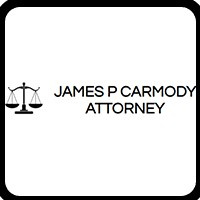 Mavisdale Reorganization Lawyers, Virginia
Mavisdale Reorganization Lawyers, Virginia
Not enough matches for Mavisdale Reorganization lawyer.
Below are all Mavisdale Bankruptcy & Debt lawyers.
Sponsored Lawyers
1-4 of 4 matches
Bankruptcy, Family Law, Credit & Debt
Since 1976, Mr. Carmody has provided outstanding legal services for bankruptcy, divorce, custody issues, and adoption proceedings to clients in the greater Southwest Virginia and Southern West Virginia areas. He opened his office to serve as an advocate for those who need one.
(more)




